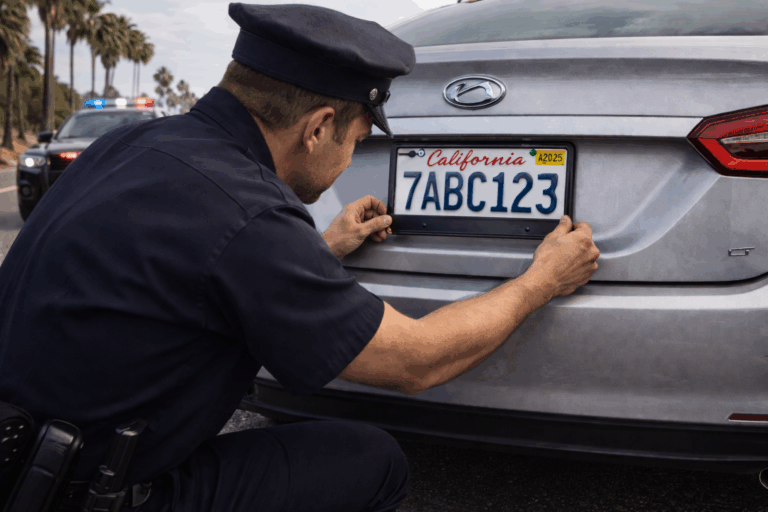As a responsible driver, you know that driving with a suspended license CA is never a good idea, and as a conscientious citizen, you do everything you can to keep your drivers license in good standing. However, even if you are the most careful and law-abiding driver on the road, your drivers license could still be suspended for something that’s not your fault: a physical or mental medical condition. If the Department of Motor Vehicles has reason to believe that you have a medical condition that could have a negative effect on your driving ability, and therefore pose a public safety hazard, your drivers license can be suspended.
How Does the DMV Know About Your Medical Conditions?
The DMV only knows about medical conditions that are reported to them, but those reports can come from any number of sources, such as concerned family members, law enforcement officers, or judges. One of the most common sources of information is medical professionals. A doctor who diagnoses a patient with a condition that can cause “lapses of consciousness” is required by California law to report the patient to the DMV. If a doctor believes that a patient has another medical condition that may interfere with driving ability, that doctor can choose to report that driver to the DMV at his or her own discretion.
What Kinds of Conditions May Result in a CA Suspended License?
You may assume that license suspension due to a medical condition is something that only happens to the elderly, but that is not necessarily always the case. It is the medical condition that is taken into consideration, not the driver’s age, so drivers of any age may be subjected to drivers license suspension if they have certain medical conditions. Any medical condition, physical or mental, that could potentially affect a driver’s ability to operate a vehicle can be considered grounds for license suspension, which gives the DMV a lot of latitude when it comes to deciding who is or is not capable of driving. Some common conditions that could lead to license suspension include the following:
- Vision impairments (cataracts, macular degeneration)
- Conditions that cause lapses of consciousness or confusion (epilepsy, Alzheimer’s)
- Sleep disorders (narcolepsy, sleep apnea)
What Can You Do About a Suspended License for Medical Condition?
If your license is suspended due to a report to the DMV from your doctor, it is important to point out that the law prohibits you from bringing legal action against the doctor in question. However, that does not mean that you have no legal recourse against a medical driver’s license suspension. On the contrary, many drivers who previously had suspended licenses on medical grounds are on the road today because they were able to demonstrate in court that their condition did not pose an adverse effect to their driving capability.
Unless your condition is believed to pose an immediate safety risk, you will probably be required to attend one or more hearings before your license is suspended, although the DMV may put a probationary “hold” on your license while your ability to operate a vehicle is determined. If you can demonstrate that you have a clean driving record and your condition does not currently affect your ability to drive, you may be able to defend yourself from suspension.
A driving law is intended to keep everyone safe on the road. However, neither the law nor the people who make and enforce it are perfect, and sometimes the law is unfair to those with medical conditions. If you are required to defend your driving ability in a hearing, you have the right to legal representation, and it is in your best interest to hire a traffic attorney. Contact the lawyers at The Ticket Clinic by calling 1-800-248-2846.



